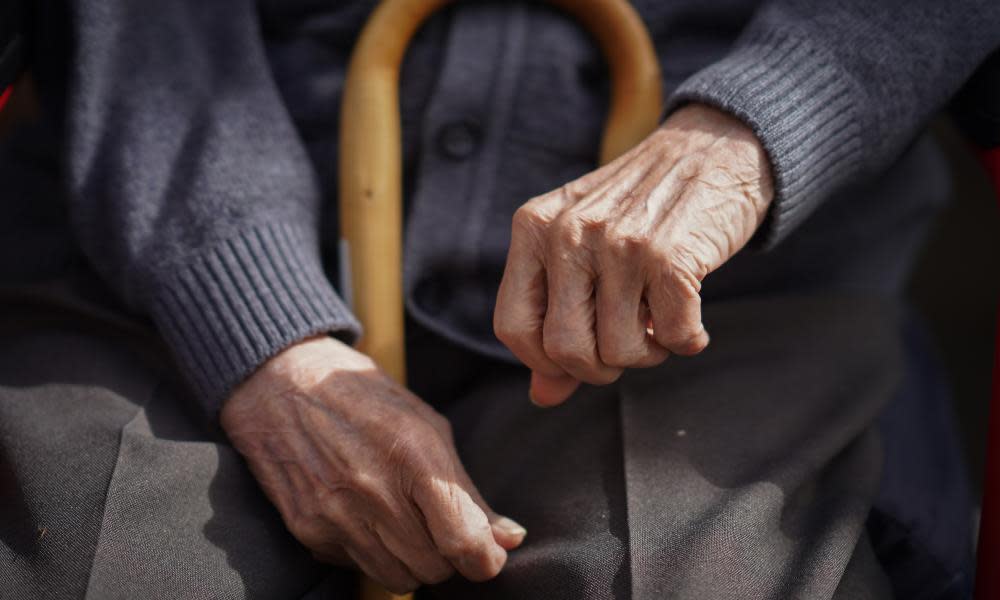Care for UK’s most vulnerable faces ‘collapse’ as providers count cost

For several years now, as austerity sucked billions out of social care, the highly specialised UK social care system for adults with complex physical disability, learning disability and autism has been quietly held together by the benevolence of charities.
Charities and not-for-profit firms have poured millions of pounds of reserves into propping up the supposedly taxpayer-funded services they provide under contract to councils and the NHS. That subsidy seemed sustainable when inflation was low and subbing underfunded public services did not put the charity’s own survival at risk.
This year, as the cost of living crisis exploded, wages and energy prices soared and the social care staffing crisis worsened, many of those charities – at risk themselves of becoming unviable – have realised they can no longer afford to run at a loss. The system, as Mencap argues, is “broken” and it is not clear when or how it will be fixed.
Leonard Cheshire is evicting some of its residents, playing what one observer called “a game of chicken” with council funders over who pays for rising costs. Increasing numbers of providers are “handing back” contracts to deliver care packages not viable at current funding levels. A staffing crisis so acute – a record 165,000 vacancies – that some draw on their reserves to fund pay rises to attract or keep staff.
It would be wrong, says one social care insider, to see this as a case of “bad provider syndrome”; rather it is a lesson in the consequences of state under-investment. “If you do not fund the system properly it collapses, and this is what we are seeing now,” they said.
One provider said it was difficult to hire staff because council contracts effectively capped the amount they could pay in wages at a market rate way below that currently being offered by rivals like Aldi and Tesco. Another said she was ashamed she could not pay more because some of her care staff had to use food banks.
This “market dysfunctionality” has become so ingrained over the years, according to a recent provider-commissioned report, that it “has until now been largely accepted that some services will aways operate at a loss because they are inadequately funded”.
Private providers would baulk at such unpromising financial pickings, yet charities in the sector say they stay in the market to protect the people they serve: highly vulnerable individuals who thrive on stable relationships with skilled, trusted, experienced carers, who know the people they care for inside out.
Cutting back on care funding, along with the bare minimum service that results once charities and their subsidies disappear, disrupts those relationships and offers a dismal prospectus for service users. “It would be a case of: washed, fed, dressed, stick people in front of the TV. Is that the quality of life anyone would want?,” said Mencap’s Jackie O’Sullivan.
Last week’s autumn settlement promised an extra £3bn a year for local authorities in England over the next two years, big chunks of it aimed at easing the discharge from NHS beds of older patients. But it is unlikely to change the weather for this under-reported, underfunded sector of social care and the people it cares for.

 Yahoo News
Yahoo News 
